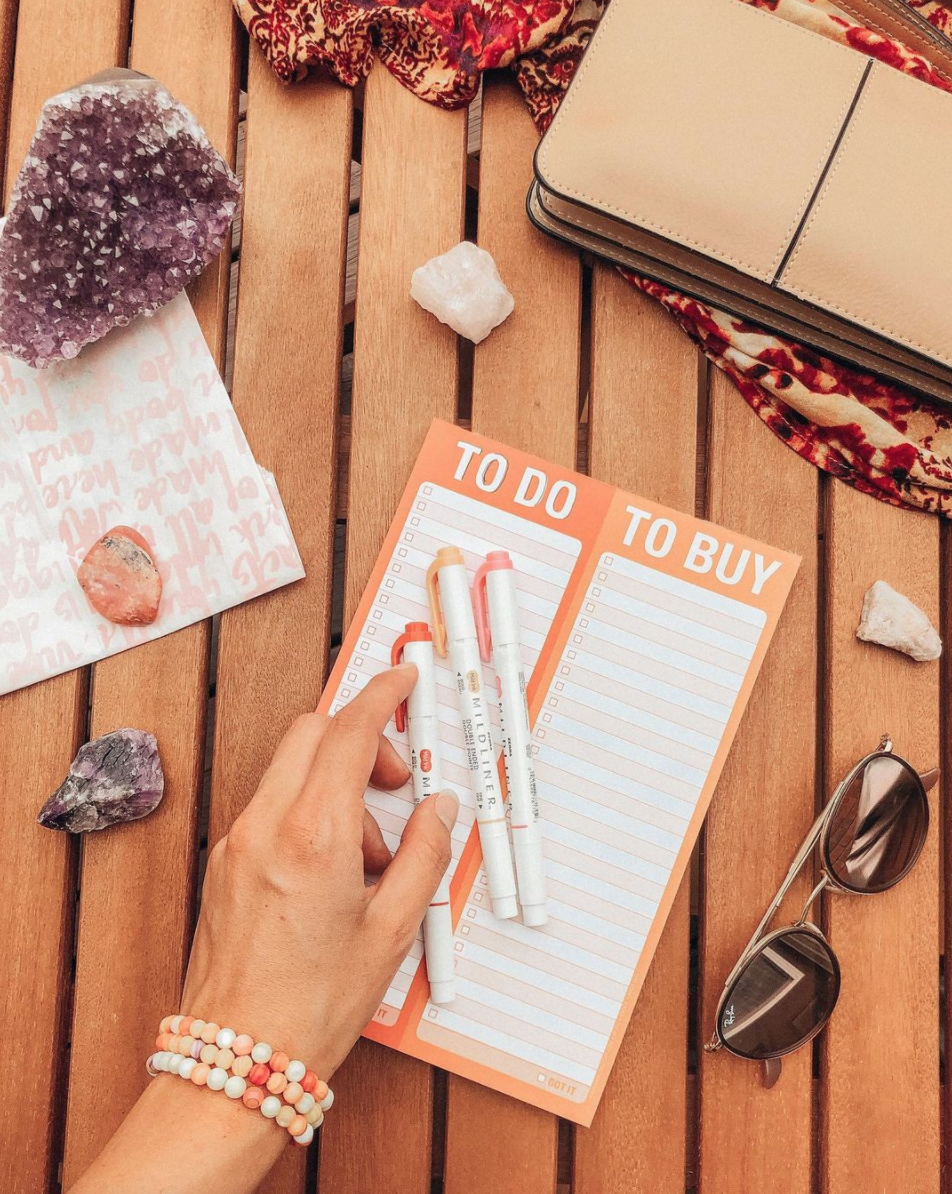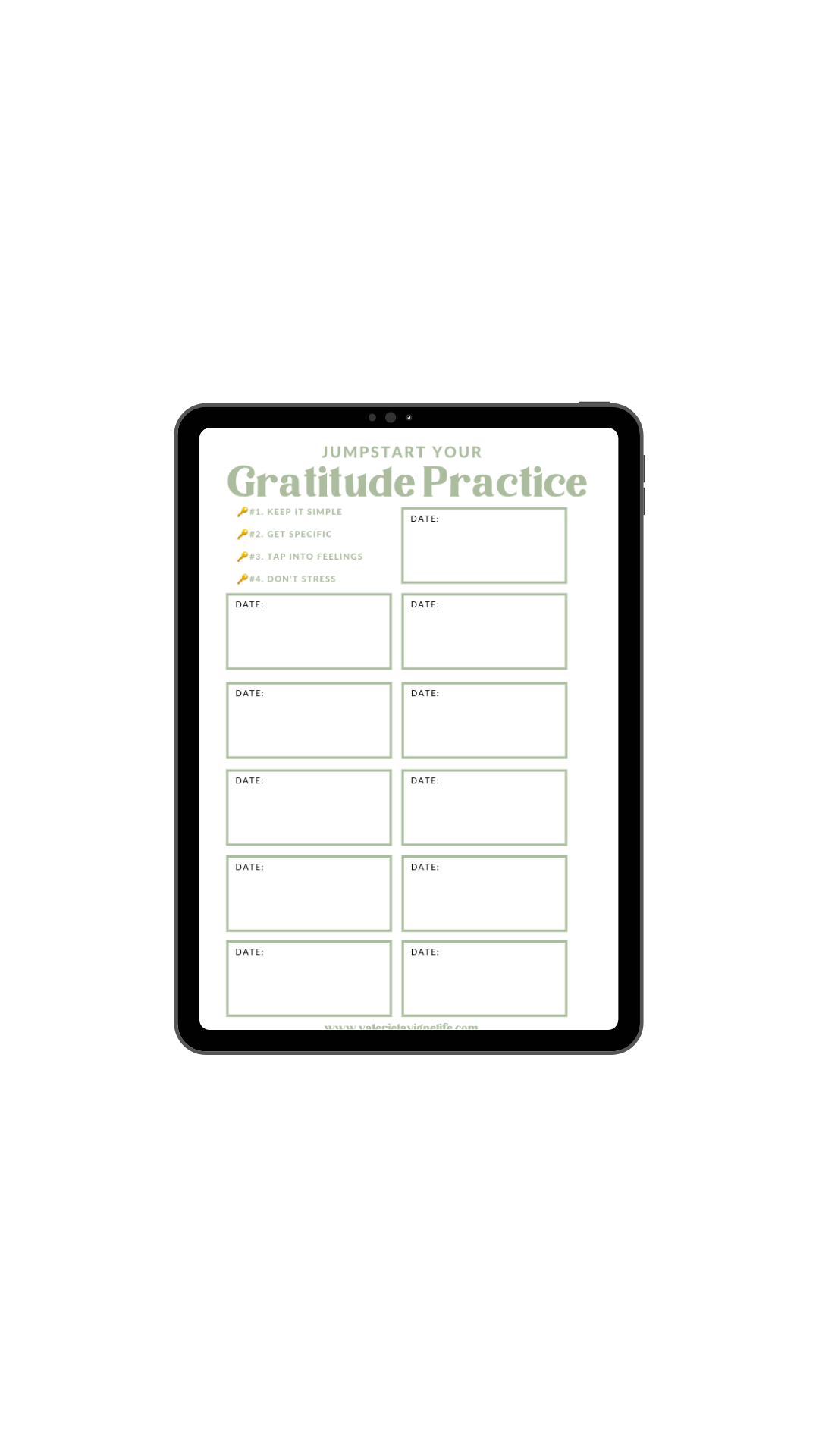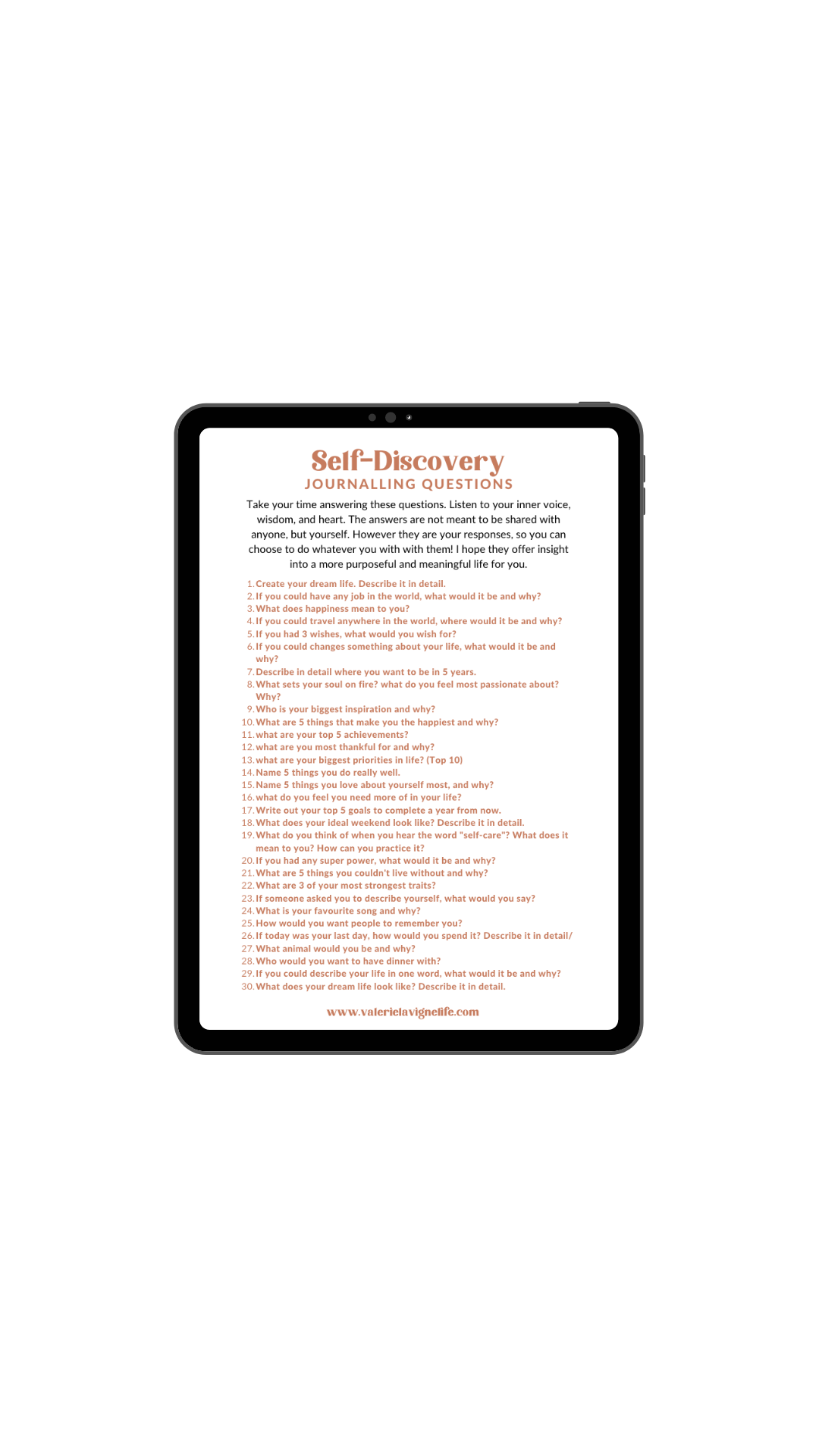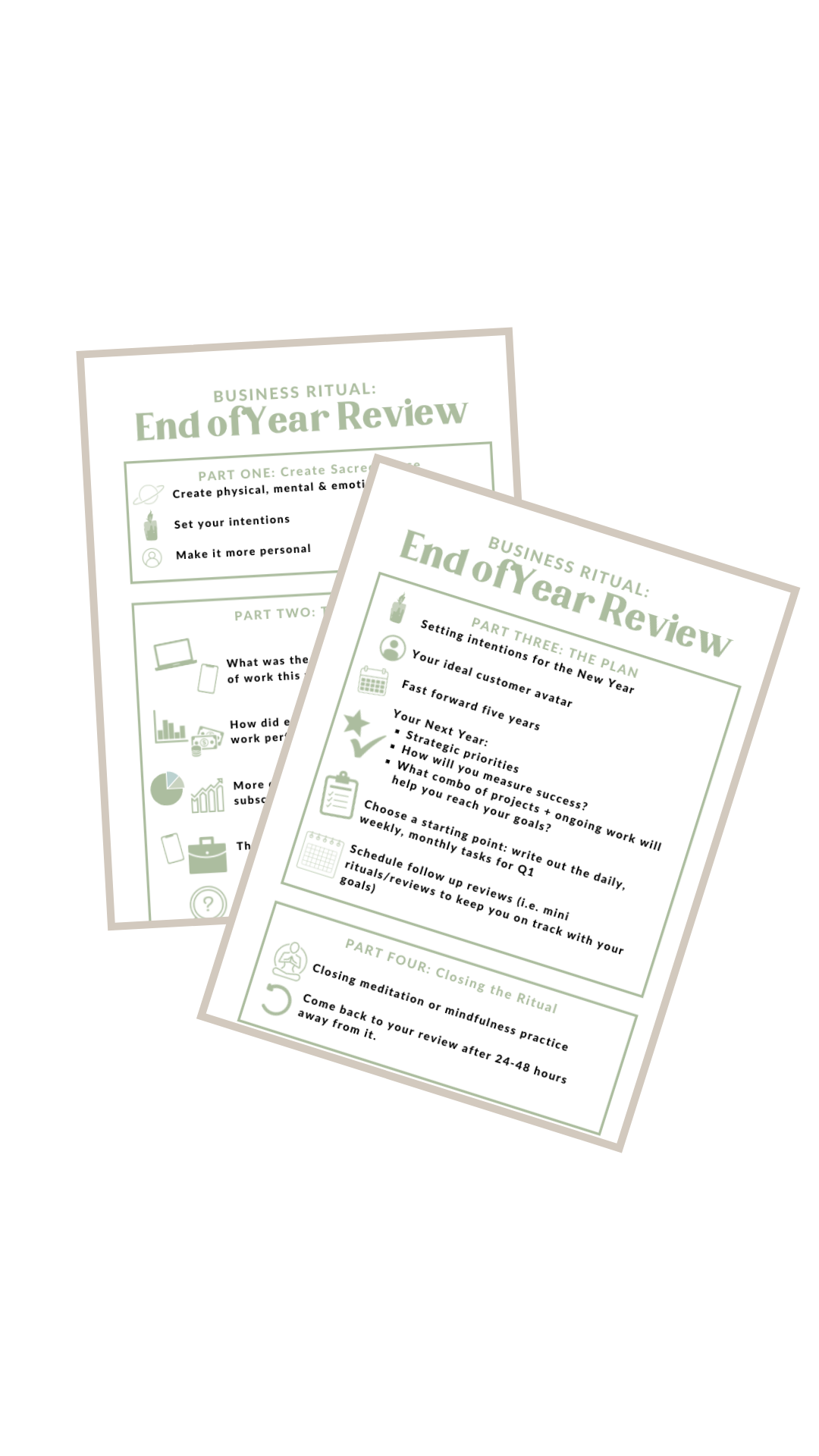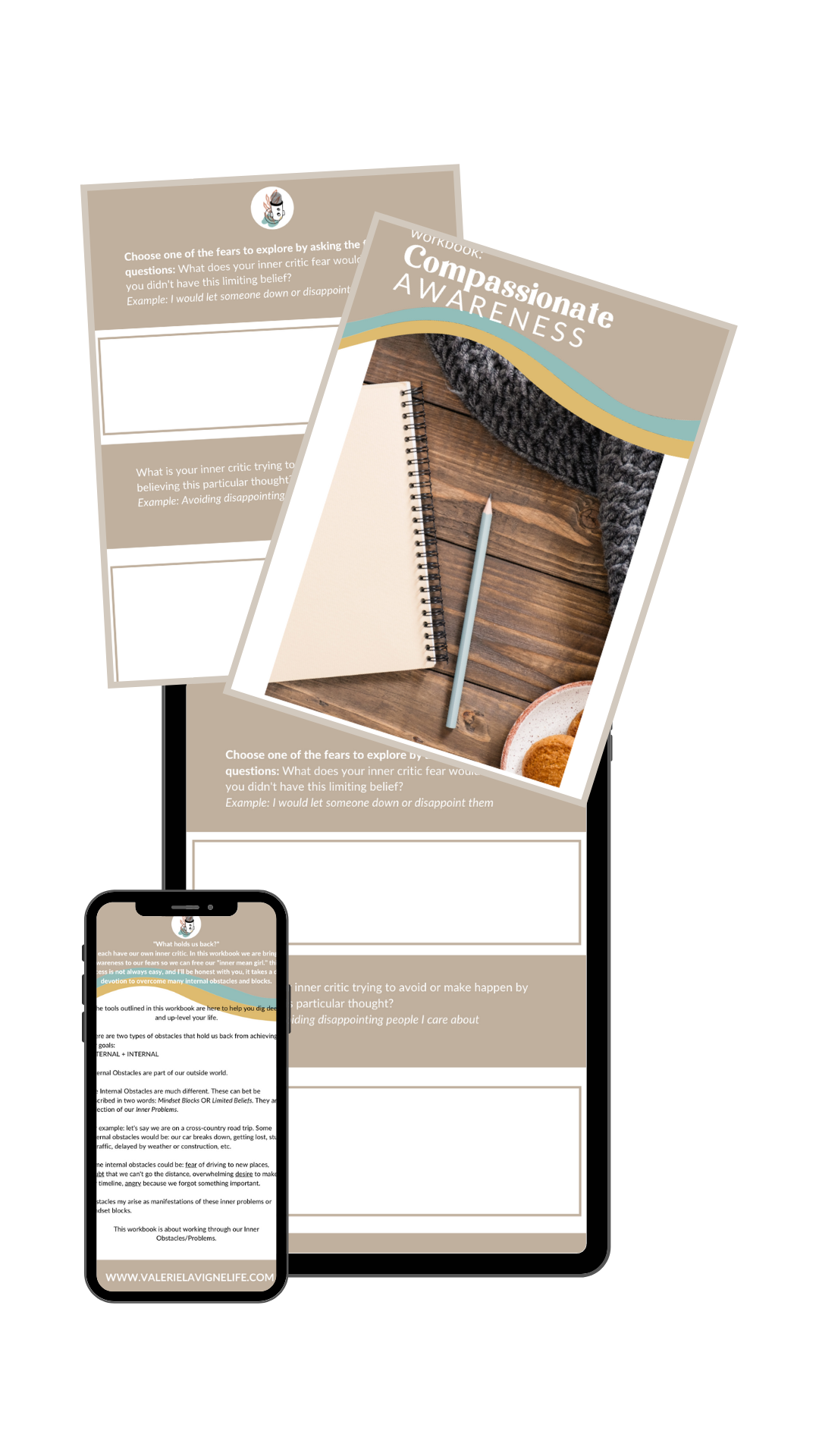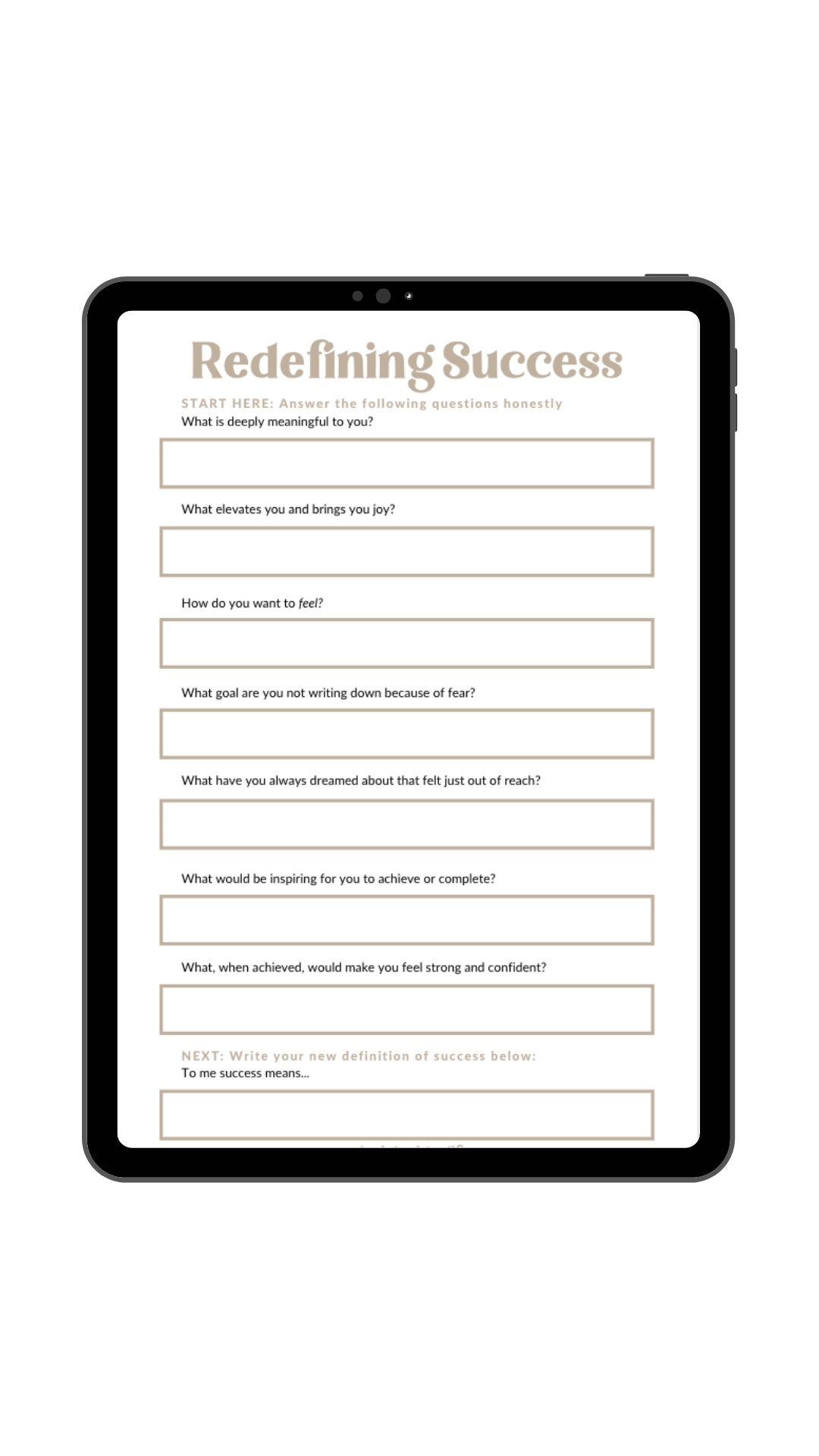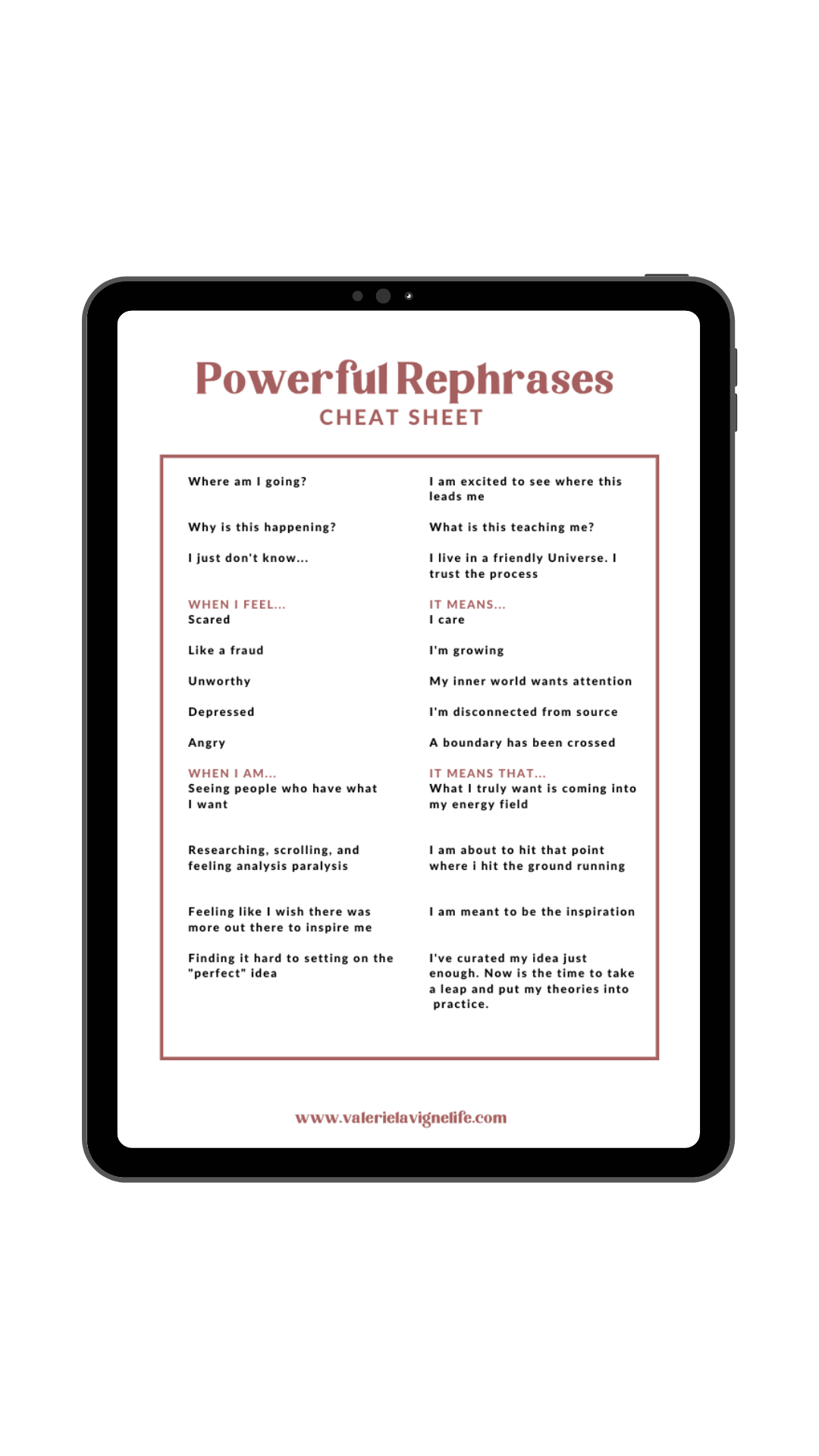BONUS: Successful Strategies for Money Management & Rocking Your Side Hustle with Liz Enriquez
The no fluff interview that teaches you to manage your money and your money anxiety. Plus, the best tips for starting and marketing your side hustle!
Leave a review on Apple Podcasts
[1:20] Liz Enriquez shares her story
Born in Mexico, and her and her family moved to Canada when she was 5
There were challenges coming from Mexico, like the cold weather, living in a motel, and sharing a small apartment with her family, and not having a lot of money
Liz wanted her own room, and her own stuff, and it was the beginning of her drive to start hustling to learning about money and finances
PART ONE: Money Management
[3:00] A huge part of personal finance is money management, but it can be very intimidating and overwhelming to some people, especially in the beginning. What advice do you have for coping with anxiety around money?
Money can be a huge stressor in people's lives, Liz struggled because she needed money to go University, and this stress is what lead to her first series of anxiety attacks
Something that really helped Liz was writing things down. Write down what you're feeling. Then ask what the solutions for solving problem that was causing her anxiety. By writing things down she discovered that she was stressed about money, and started thinking of ways to get money, which lead her to writing letters for scholarships. Those scholarships helped her get to school.
Writing everything down, helps you get clear on the problem so that you can get clarity, and make a plan to move forward.
[5:13] When it comes to managing your personal finances, what is one thing you wish someone told you when you first started?
There were a few things:
Main thing was to have clarity. Liz didn't have an actual budget until she was 25 years old. She used a cashflow tracking sheet to get clarity on how much money is coming in, and how much is going out. This also helped her as a small business owner because it gave her a baseline number and showed her what she needed to sustain her business, and help her grow.
Cash Flow Tracking Sheet: It's about tracking, not restrictive budgeting. Using an online spreadsheet, upload all of your statements and categories your expenses to see how much money you're spending and on what. It will give you a general picture of where you're money is going. It's more fluid and flexible, and more forgiving. You don't have to feel bad about spending money on what you enjoy.
Also track the money that is coming in, and calculating your net worth. Do all of this monthly. It's a really good way to check in and touch base with goals.
[8:40] A lot of people cringe when they hear the word “budget.” Do you think people should have a budget? Is it important to have one? Why or why not?
Yes. Budgets are similar to diets. If it's not part of your lifestyle, and it's not what you're enjoying, then it's not going to be sustainable; it's just going to be a fad. Don't do a budget just because people are telling you to do a budget. It doesn't work if you don't stick with it.
Find a method for tracking your money that works for you. Try a whole bunch of different models and methods until you find the one that works best for you.
Liz's Facebook Group: Personal Finance for Canadian Millennials
Tracking your money will identify where your money leaks are.
[10:35] Where can people get access to other tools or resources you recommend for creating their budget, or tracking their finances?
Lots of free spreadsheets online
APPS: Mint+ You Need a Budget
Envelop/Jar System: get the number of envelops or jars needed for the number of categories of where you spend your money (i.e. eating out, clothes, subscriptions, etc.) Then put the amount of cash in each envelop or jar you want to allow yourself to spend on these categories.
[11:38] Let’s chat about saving money. How much should we be saving? How often? And what exactly are we saving for?
Saving is so important, because you want to protect yourself for the future and for whatever comes up.
It really depends on your goals. Everyone should have at least 3 months in their savings fund. Three months worth of your expenses (rent, mortgage, expenses, etc.). You want to be able to sustain yourself with at least 3 months, you can have more if you want.
There are a few different ways to save. One of the methods that works well for Liz is “hiding” your money from yourself. Liz opened a completely separate bank account and put money in there automatically and never really checked on it. It was out of sight and out of mind. Within a few years Liz had enough to put a downpayment on a house.
Another saving method is to “pay yourself first.” Make your savings like a bill. Make your savings something you always have to pay that is non-negotiable. Whatever is left over after you pay all your bills; including your savings, is guilt-free spending money.
[14:25] On your social platforms and in your courses, you share a lot of information about investing. Were there times when your investments didn’t go as planned? How did you overcome these specific challenges?
Absolutely. Liz started investing in 2008/2009, right after the housing crisis. For the last 10 years, the economy has been in what's called a Bull Run,which means the economy is doing really well. Back in November 2018 Liz bought a stock that was doing really well really quickly, and invested more money there. Then she took her finger off the pulse and the investment tanked! The takeaway, if you're going to be an active investor, you have to BE an active investor, and pay attention to their investments.
Another time Liz's investments didn't go as planned, was during the COVID-19/Corona Virus Pandemic. What's keeping Liz grounded is knowing the history of the stock market. Bear markets, and crashes have happened before in our history. But every single time afterwards there's been a recovery. Keep your hands and feet inside the ride because we're in for the rollercoaster.
You choose how active you want to be as an investor. An active investor can check in every day, every week, and every month. Liz recommends monthly to be considered an active investor.
PART TWO: Side Hustlin'
[19:18] You’ve shared a lot about your side hustle. For the listeners who are interested in starting a side-hustle, what is a good method for finding a niche or skills?
A side hustle is so important because incomes are not guaranteed.
First thing, write down what you're good at. It's easier to monetize what you're good at rather than learn something new.
Write down all of your skills, and on the next column write down how you can monetize it. Then ask yourself, “Who is going to buy this? Who will need this service?”
Take it one step at at time: What are you good at? Who is going to pay for it? How can you reach those people?
[21:30] There are a lot of reasons – excuses*cough* – that people have for not starting their side hustle. I’m going to read a few we’ve received and I’d love it if you could play devil's advocate for how someone could overcome the obstacle.
Here's what's holding people back:
“Their current 9-5 job”
Figure out what you're doing on your weekends and what you're doing between 6pm and 10pm after work. It's called a SIDE hustle, because you're doing it on the side.
“Not enough time”
One of the exercises you can do is look at your calendar and schedule everything in. You'll see pockets of time you can fill in to work on your side hustle.
Check how much time you're spending watching TV, or on social media. If you have time to do those things, you have time to do a side hustle.
“Start-up costs”
It really depends on the industry and the business. Most web-based businesses don't have a lot of start-up costs, or they are very low.
Start with what you have, and get creative. Can you do an exchange? Can you rent?
“The idea is there, but how do you even start a business?”
There's a lot of good resources like small business enterprise centres run by the government, and they're free.
You can also start a trial run. Volunteer your services or have a big discount for Beta clients/testers, so that you can work out the kinks, get feedback, and have people helping promoting your business.
Start small, and scale up!
[25:15] Tell us your number one tip for marketing your side hustle/ services.
Tell everyone you know and drop it all the time. No one will know what you're doing if you don't tell them.
Create a separate Instagram account so that you can be unapologetic about your services. Add value and people will want to come to you.
[25:16] It’s called a “side-HUSTLE” for a reason, and obviously your story and experience embodies that. What were some of the sacrifices you had to make while you were building your side hustle?
Social time. Liz was working 16-18 hour days, so there was some sacrificing of social time along with TV.
[28:00] How long did it take for you to create a work-life balance? How are you doing that today?
After Liz was able to establish her business, she was able to create a work-life balance. It took her about 2 years of really tunnel vision working. Then one more year to feel comfortable in the work-life balance.
Now: Weekends off! Don't take calls at a certain time, not as many meetings, more on quick phone calls.
[29:50] Where you can find Liz!
Website: www.ambitiousadulting.com
Instagram: @ambitiousadulting
Facebook Group: Personal Finance for Canadian Millennials
PART THREE: Rapid Fire!
[30:40] #1 What are you currently reading? OR Favourite book?
Do Cool Sh*t: Quit Your Day Job, Start Your Own Business, and Live Happily Ever Afterby Miki Agrawal
[31:18] #2 What do you love most about being a woman?
“I am a very empathetic person. I think that helps me a lot because I don't judge and I am very empathetic of their spending.”
[31:52] #3 What does “empowerment” mean to you?
“Being confident to do what you want”
[32:04] #4 What are you currently working toward?
“Financial freedom to me is pretty important. I want to be able to do what I want, when I want, and that is pretty important.”
Podcast Host
Valerie LaVigne
Valerie is the creator and founder of Valerie LaVigne Life and the Women's Empowerment Show. She helps busy and empowered women create healthy habits so that they can become the best version of themselves and transform their lives. Learn more about Valerie here!








